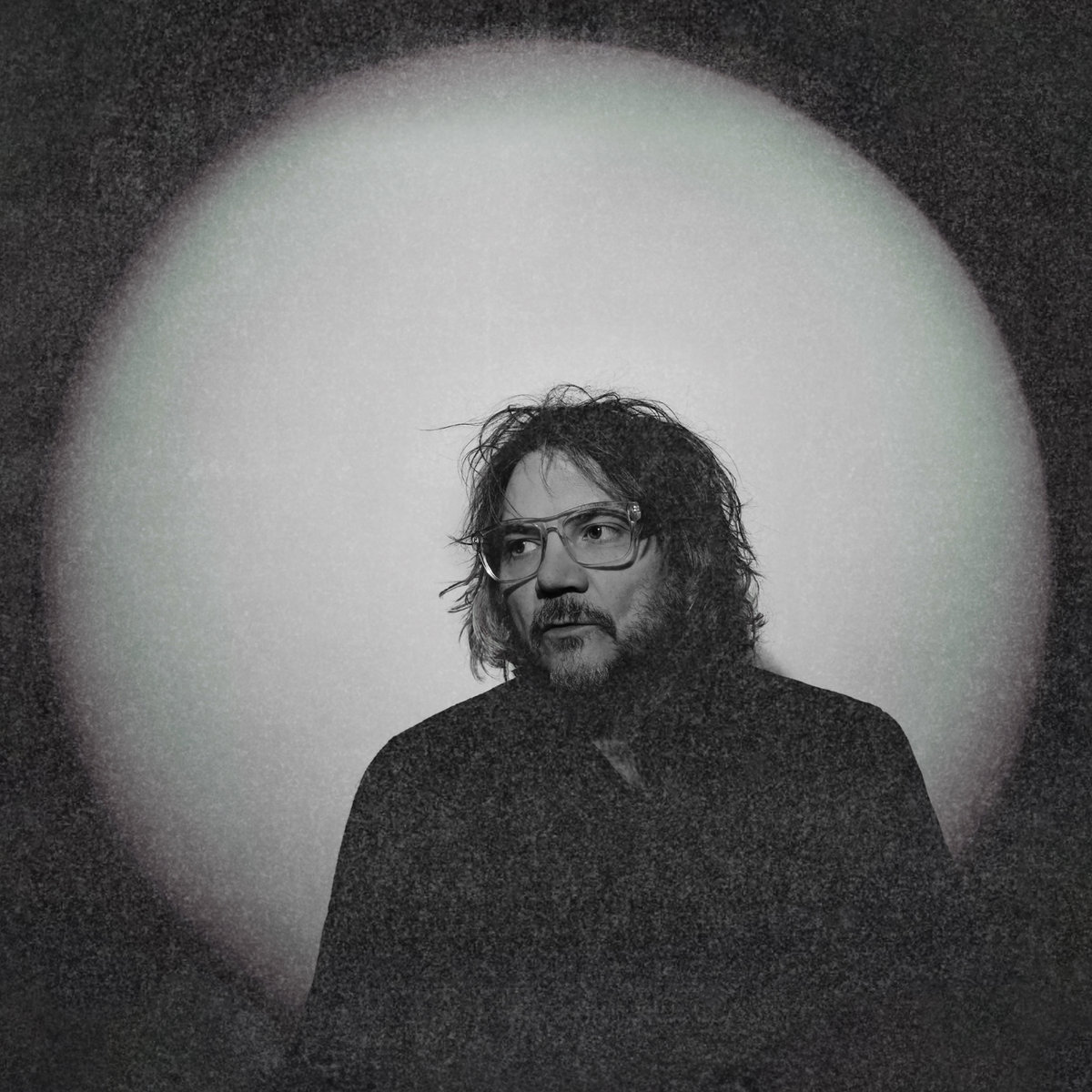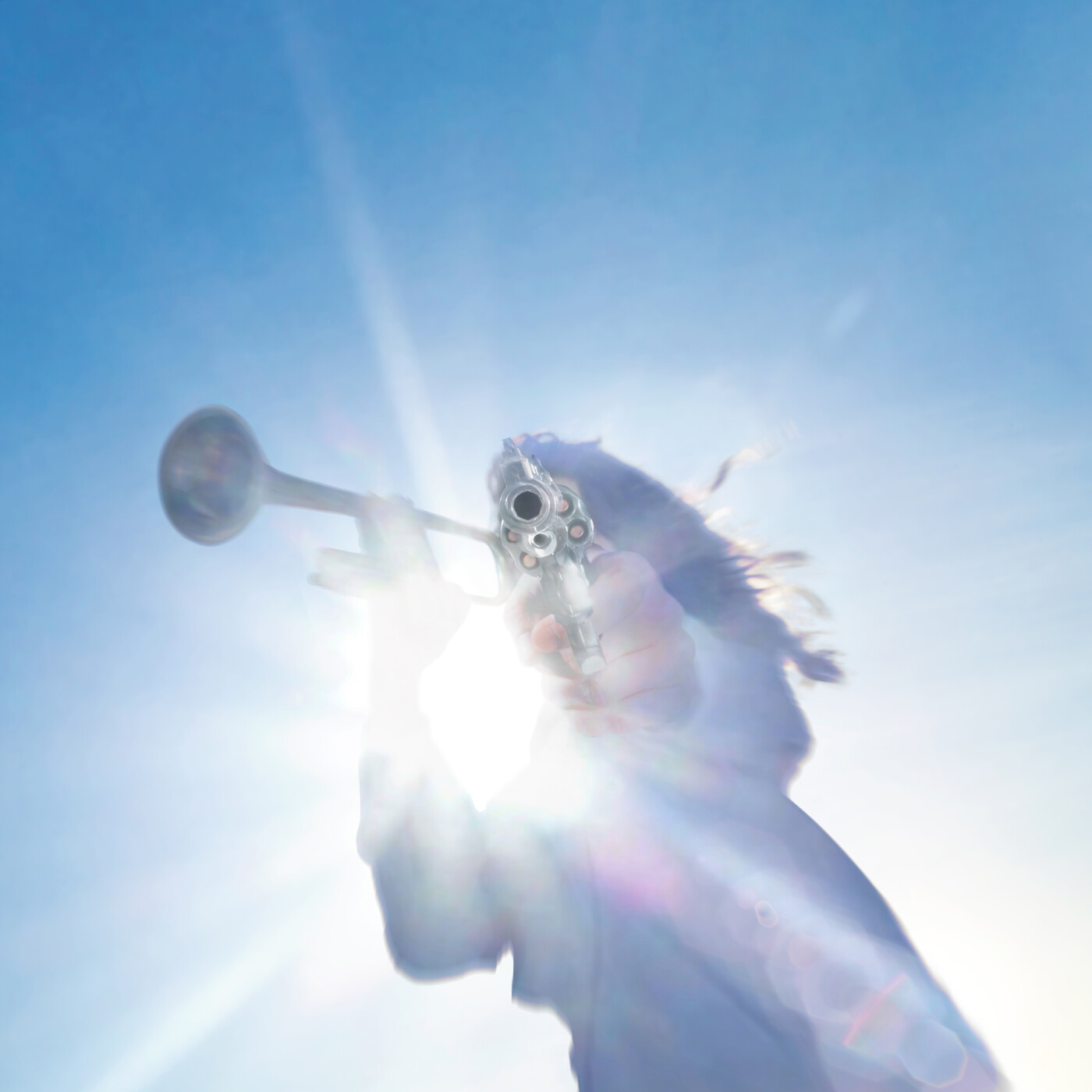Beck should give the Grammy back. Kanye West is wrong a lot, but he was right about this. Back in 2015, Beck took home an Album Of The Year Grammy for the thoroughly OK pastoral lifestyle-folk album Morning Phase, and Kanye pretended that he was going to storm the stage before laughing and waving it off. But after the show was over, West said that he really wasn't kidding at all: "Beck needs to respect artistry, and he should’ve given his award to Beyoncé." It was nothing new to see the Grammys honoring a perfectly pleasant work over a moment-defining one, and lord knows Beck has made a lot of great music over the past few decades and deserves some sort of grand recognition. But follow-through matters. After Beyoncé lost the Album Of The Year Grammy for her self-titled album, she went on to make Lemonade, an even-more-devastating interrogation of race and gender and relationships and public image, which then went on to lose Album Of The Year to Adele. Beck, on the other hand, won Album Of The Year, and he went on to make some bullshit.
There was a quick moment, about 20 years ago, when pop music began to sound like Beck. Beck's bemused, shuffling, channel-surfing aesthetic had come along, looking like a beam of light and bringing a whole new sound and style into the mainstream. All of a sudden, everyone was doing slackjawed absurdist half-raps over dusty breakbeats. Underground standbys the Butthole Surfers scored their biggest-ever hit with a transparent Beck bite. One-hit wonders Primitive Radio Gods scored their only-ever hit with another transparent Beck bite. Hanson -- three fresh-faced Oklahoma children, all of whom were big Beck fans and all of whom sort of looked like Beck -- teamed up with Beck's Odelay producers the Dust Brothers to make "MMMBop," a gloriously ecstatic burst of nonsense that arguably kicked off the whole late-'90s teen-pop wave. Pop music was reshaping itself around Beck, doing what it could to absorb him, while Beck himself was recording one-offs for indie labels like Bongload and K or making delirious album-length Prince homages. He wasn't really playing the game, and so the game changed. But Colors is what happens when Beck tries to play the game, when he tries to sound like pop music. It is a dismal and overwhelming failure.
The idea behind Colors was a good one. Immediately after making Morning Phase, Beck wanted to shake himself out of that bucolic trance, to make a joyous and funky and urgent party-music record, the sort of polyglot stew that he came up making. He started out working with Pharrell, though none of the music from those sessions made it onto the record. He wanted to make the album quickly, to release it in the same year as Morning Phase. That didn't happen, either. Instead, he ended up working with the pop super-producer Greg Kurstin. Again, this was not, on the face of it, a terrible idea. Kurstin and Beck have a history. After Kurstin was a member of '90s Beck-alikes Geggy Tah but before he became the guy who produced Adele records, Kurstin was a member of Beck's live band, and he played on a couple of Beck's '00s records. These guys know each other well. And yet Kurstin is exactly the wrong person to work on a Beck album in 2017. His gleaming, antiseptic aesthetic leeches out all the anarchic joy that Beck was, at least theoretically, trying to recapture. And so Colors is the worst kind of mess. It's a boring mess.
Musically, Colors is a lot closer to recent-vintage Maroon 5 or OK Go than it is to classic-era Beck. It's streamlined, compressed digital-power pop -- not terribly executed, but terribly bereft of ideas. "I'm So Free" has a big, crunching guitar riff and pseudo-Beach Boys backing harmonies. "No Distraction" is the sort of song that a TV-show music supervisor might option if the Cars were too expensive. "Up All Night" is simplistically starry-eyed, disco-addled open-sunroof music, like Beck intentionally set out to make his very own "Get Lucky." The whole thing has that ultra-clean session-musician sheen to it. It sounds bright, but its brightness is studiously buffered. It sounds like work.
Lyrically, Beck is back to his old free-associative tricks, but it sounds like a gimmick, not like a guy doing his best to cope with the overwhelming media-blitz that he can't quite process. A lot of the time, his lyrics feel like something a 1996 college sophomore might write if she were attempting Beck-type lyrics as an English assignment: "I’m on a tangent / Textbook ephemeral / Facts are confusing me / I’m so free now," "Standin’ on the lawn doin’ jiu jitsu / Girl in a bikini with the Lamborghini shih tzu." And every once in a while, Beck will go straight from that stuff to straight-up, unalloyed cliche: "There’s nothing I wouldn’t rather do / I just wanna stay up all night with you." And again, Kurstin's production is all wrong for this sort of thing. Beck's capable of conveying melody just fine, but when he's doing uptempo music, he needs to alternate his big hooks with bemused mutters that sink into the tracks. Kurstin's tracks won't let him sink in. The songs here leave Beck out there, standing in the open, looking like an asshole talking about "The apple flower doggere, the batteries burst."
It's not all bad. At its best, the album is merely underwhelming. The two-year-old single "Dreams" has a sense of giddy propulsion that hasn't quite worn off, and the album-closing ballad "Fix Me" is genuinely pretty in its own discomfitingly shiny way. But you know how, sometimes, an underwhelming early single will find heft and context when you hear it as part of the larger whole of an album? The opposite happens here. Fully half of the songs on Colors have hit the internet, in one form or another, over the past couple of years. On their own, they were mostly not great. Heard all in a row, they drain one another of life, becoming even more gray and featureless than they were by themselves. Beck is clearly trying to make fun music, music for festivals. Instead, he's given us a grim party-time slog.
Twenty years ago, Beck was making music with its own sense of logic and swagger. He had hooks, but to get to those hooks, you had to learn to appreciate his cutting meaninglessness and his intentionally sloppy sample-everything sense of excess. Heard today, those old records still burst with life; think of how amazing "Devil's Haircut" sounded during the Chicago-montage opening credits of The Big Sick. That swagger is gone. In its place is the craven flop-sweat of desperation. He's trying to make music that will resonate now. Instead, he's made an album of music that will play at barely-perceptible volumes in mall clothing stores, music that will soundtrack Isuzu commercials for months to come. Beck's made so much good music over the years, and maybe one day he can recapture the restless silliness that he so utterly failed to conjure here. Right now, though, that Beck is gone. Baby, he's a lost cause.
Colors is out 10/13 on Capitol.
[videoembed size="full_width" alignment="center"][/videoembed]
[videoembed size="full_width" alignment="center"][/videoembed]
[videoembed size="full_width" alignment="center"][/videoembed]
[videoembed size="full_width" alignment="center"][/videoembed]






